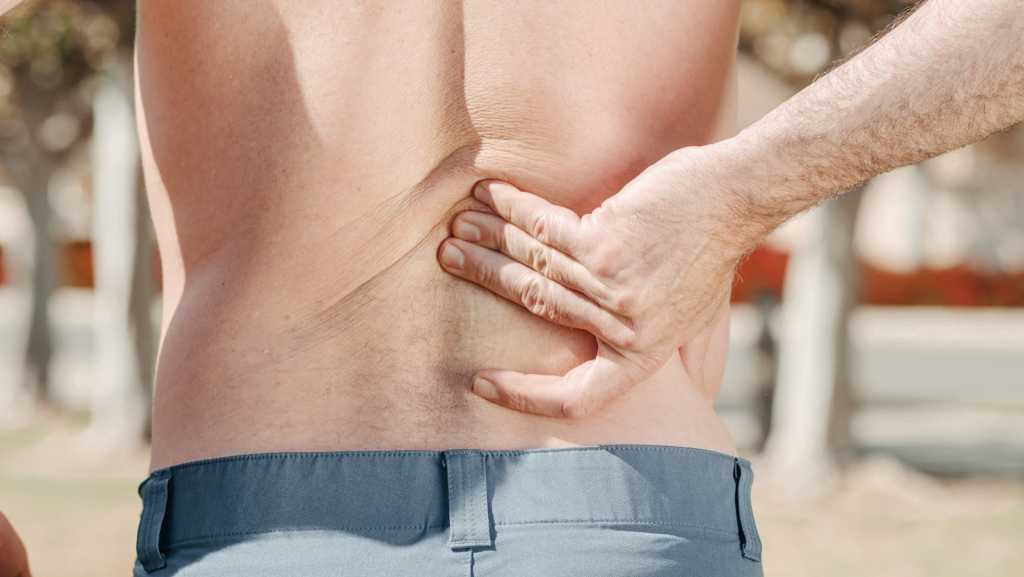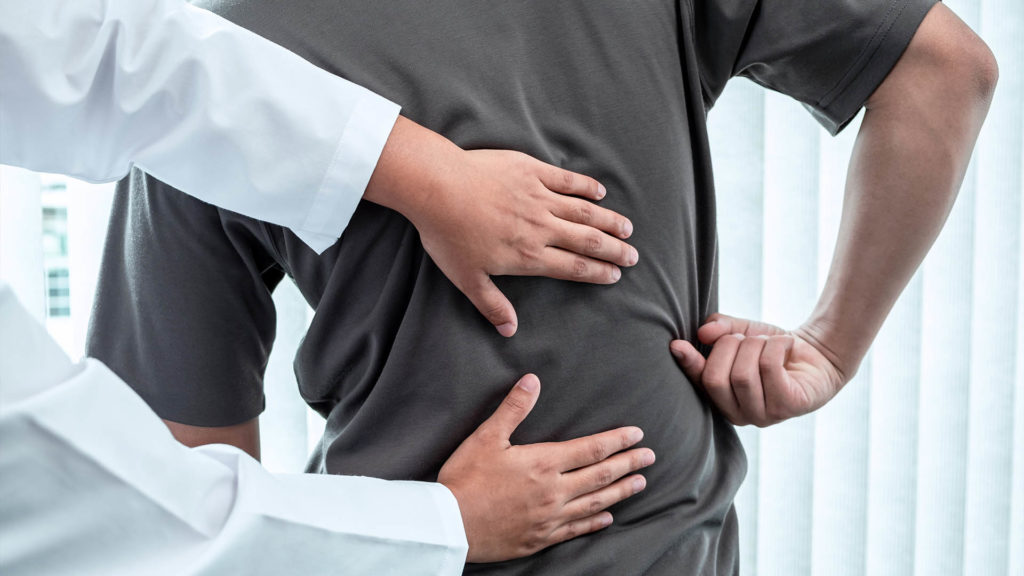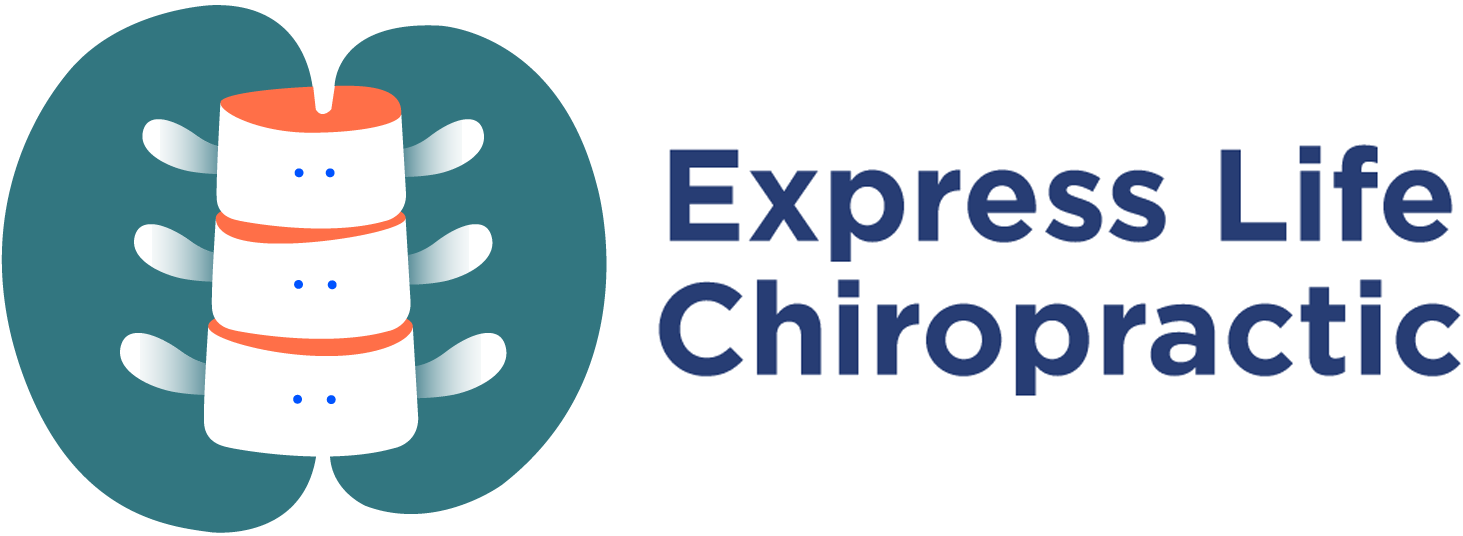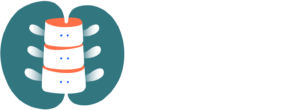What is Spinal Stenosis?
Spinal stenosis is defined as a narrowing of the spinal canal. The spinal canal, also known as the spinal column, is the protective sheath around the spinal cord. The spinal cord is the bundle of nerves that comes out of the base of the brain stem and runs down the center of the entire spine with nerves that branch off of it all the way down and send signals from the brain to the entire rest of the body. The spinal cord itself is inside the protective canal, floating in cerebral spinal fluid which provides insulation and protection. When that canal has abnormal pressure placed on it, it can impact the ability of the nervous system to communicate through the spinal cord by squeezing the nerves, hindering signaling, or by applying stretching tension on the spinal cord, which can also impact the communication of the nervous system, and even cause damage.
Symptoms of Spinal Stenosis
This squeezing pressure on the spinal cord and the nerve roots within the spine can occur in the neck and lower back, and depending on the area, different symptoms can arise, although some people with spinal stenosis have no noticeable symptoms. Symptoms can occur, and these can include pain, numbness, and muscle weakness. In the cervical spine symptoms can include neck pain, numbness, tingling or weakness in the arms or hands. With lumbar spinal stenosis sometimes low back pain can be felt, but pain can also occur in one or both legs. Sometimes people will feel weakness or numbness in their leg or foot as well which can lead to problems with walking and balance. More severe symptoms of lumbar stenosis can also include feeling problems with the bowel or bladder. This can often be worsened after standing for a long period of time, or after walking. Often, in the lower extremities, people will find that the symptoms improve when bending forward or sitting.

What Causes Spinal Stenosis?
There are many possible causes of spinal stenosis. With age and wear and tear on the body, sometimes people can develop degenerative disc disease which can cause arthritic changes in the spine. Arthritic changes will usually present as extra bone growth on the spine, known as bone spurs. These do not necessarily grow out of the spine, but can grow into the spine and push into the spinal canal and develop spinal stenosis.
A herniated disc can also cause spinal stenosis. The supportive spinal discs in between the spinal vertebra, called intervertebral discs, are basically a doughnut of cartilage surrounding a jelly center called the nucleus pulposus. Those discs provide shock absorption for the spine. If that disc is damaged from spinal injuries, particularly compression, that jelly center can squish out and push into the spinal canal, and spinal stenosis occurs.
But one of the most common causes of spinal stenosis is injury. Car accidents and other traumas such as a fall or blow to the spine can cause spinal bones to break, or can cause swelling of the tissues surrounding the spine causing narrowing and putting pressure on the spinal cord and nerve roots.
What can help treat spinal stenosis patients?
Often, spinal stenosis patients will be seeking pain relief, so common treatment for spinal stenosis will involve some form of medication to help relieve pain. Sometimes steroid shots can help reduce the inflammation around the affected nerve roots. However, this does not treat the cause of the pain. Some providers will prescribe physical therapy to help build up endurance and strength and help improve flexibility in the spine. In severe cases, some providers may even recommend spinal surgery to help create more space within the spinal canal.
But one of the most effective, and least invasive treatment for spinal stenosis is chiropractic care.
How does Chiropractic treatment help spinal stenosis?
Chiropractic treatment for spinal stenosis, instead of focusing on the pain caused by the stenosis, focuses on relieving the pressure placed on the nerve roots by bettering the alignment of the spine. Chiropractic adjustments help relieve pressure on the spinal nerves by restoring proper alignment of the spine and not letting it sit in poor posture. Chiropractors can utilize multiple techniques to work on relieving pressure on the spine, including flexion distraction manipulation, torque release technique, and others. Furthermore, this adjustment often also helps improve flexibility and range of motion in the spine, relieving pain, which often helps the patient feel more enabled in their life to be active and mobile without fear of pain or further injury.
Call today and see how Chiropractic treatment can help you!




